Fruit Time
, Margao, Goa, IndiaPhotos from one of our recent Slum visits while we gave out fruit.
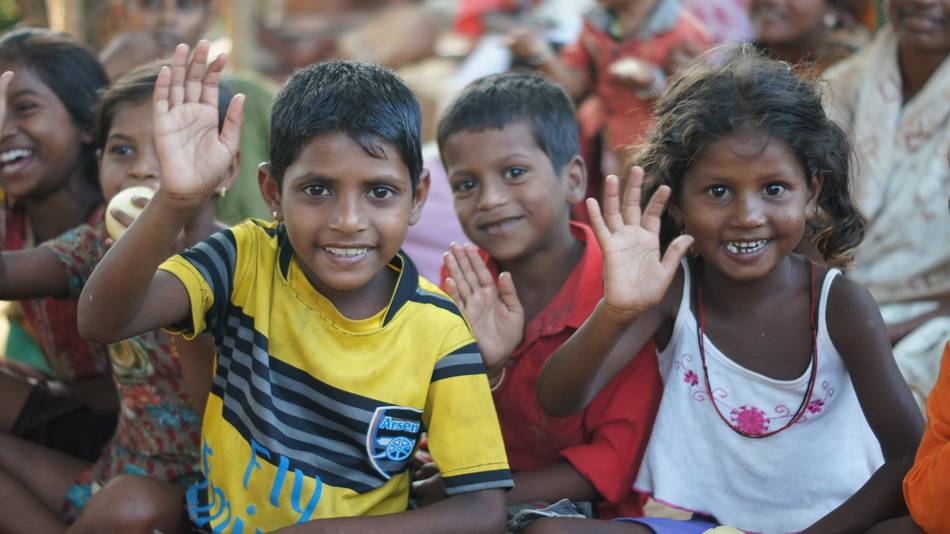
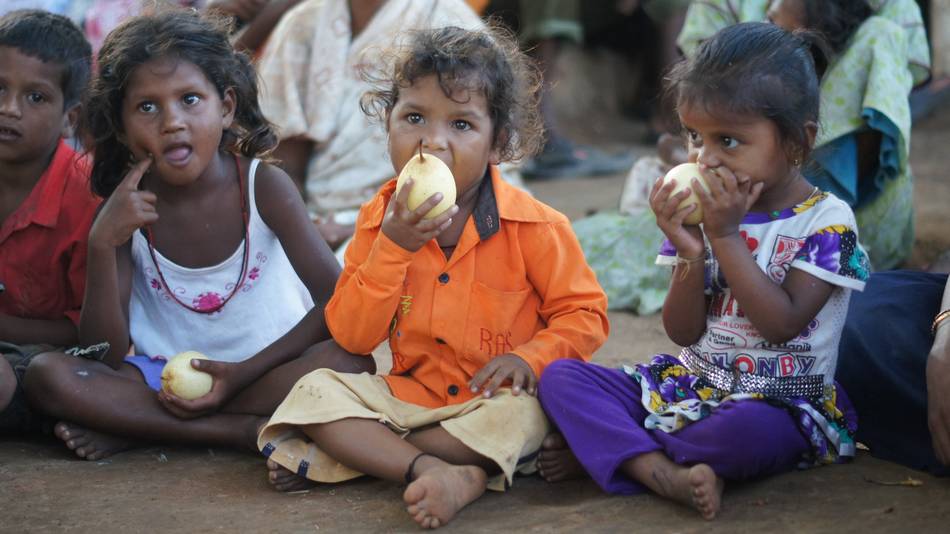
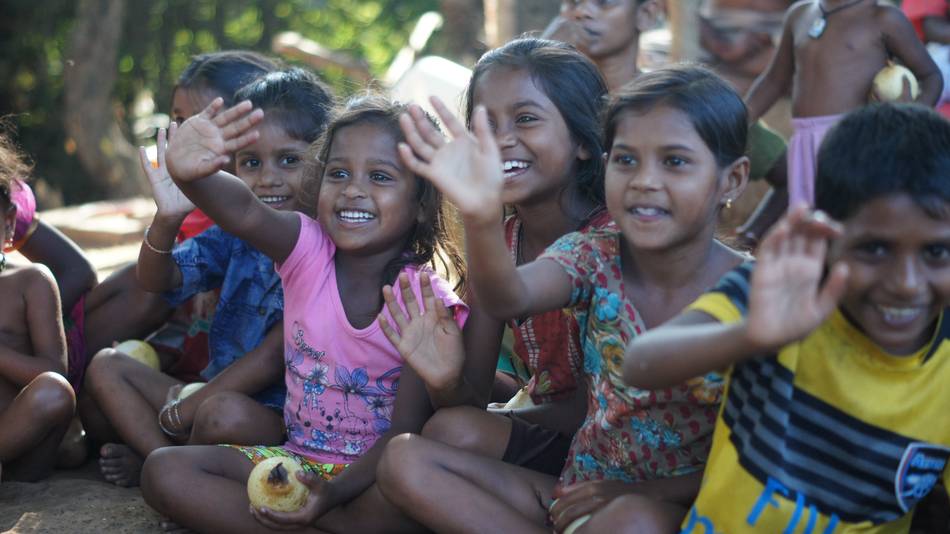
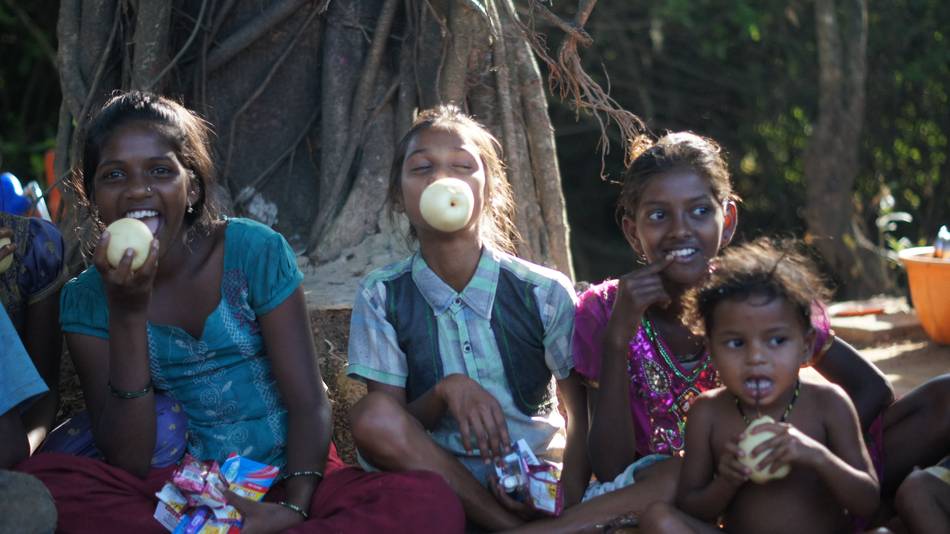
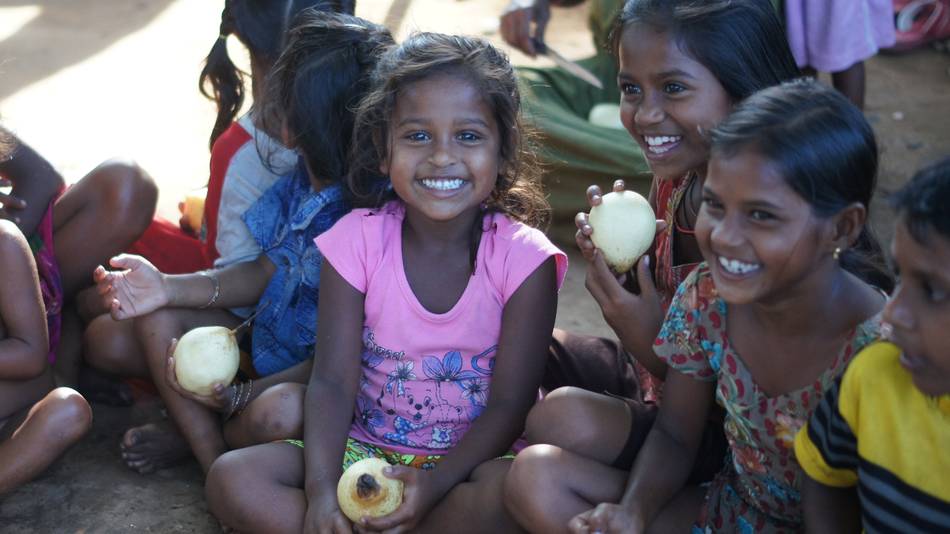
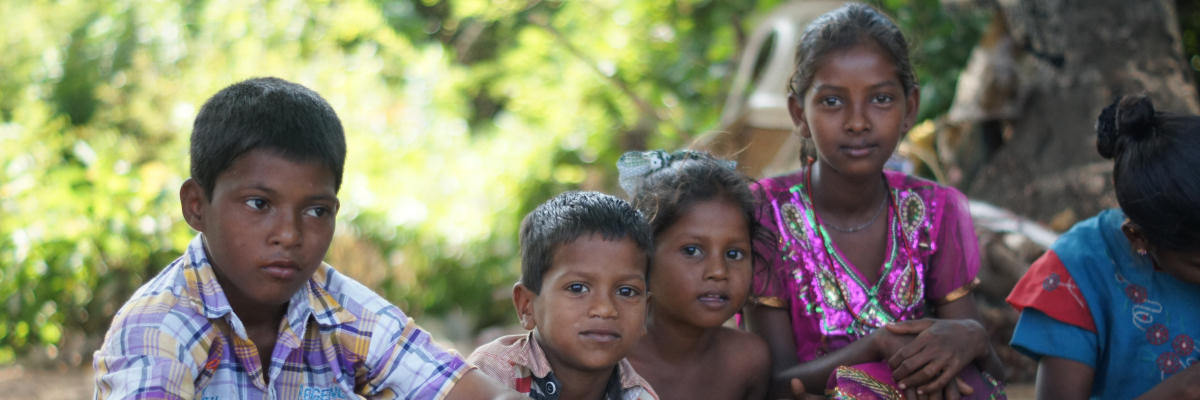
Photos from one of our recent Slum visits while we gave out fruit.





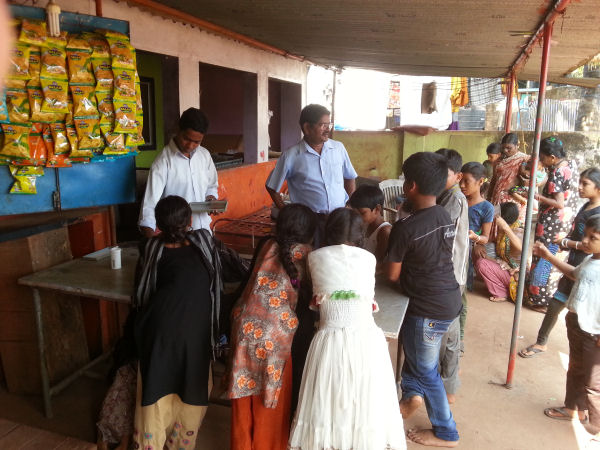
Saroja was admitted on the 7th of November and discharged yesterday, 11th November, having spent 5 days in hospital. Saroja didn't seem to show much improvement for the first three days as she was very lethargic and still suffering from body ache and a pounding headache. Each day we visited to make sure she had everything she needed. We took some fruit and food and tried to make her feel as comfortable as possible. The break-through came on the 4th day in hospital when the treatment seemed, at last, to kick in, reducing the intensity of Saroja's headache and finally bringing a smile to her face when we visited. Saroja remained for one more night in hospital before being discharged home in the afternoon on the 11th. We gave a lift to her and her mother and dropped them back home.
Health workers from the local urban health centre still hadn't been to test the area surrounding Saroja's home. So, to encourage them, we made a visit and asked when they would be following up on the case. We told them that a girl had been tested 'positive' for malaria and hoped health workers would visit and examine the children. We left our number with their promise they would get back to us. A few hours later we received a call asking for directions and they agreed to visit the following day.
Later in the evening, Saroja called asking for advice on taking the tablets, no directions having been supplied when she left hospital and it was difficult to understand the doctors' scribbles but with the help of the internet, we fathomed out the doses required.
Good to their word, the health centre called the next morning asking for directions. So, we went down and showed them the location and helped gather the children and parents for the malaria tests. I have to say, I hadn't really taken into account the fear that the needles and blood would strike into the hearts of the children, but with a lot of encouragement for some, 95% of the children there had the tests. It was not the 5-6 year olds that were the most squeamish, it seems that 14-15 year olds are the most wary; one girl in particular, just wouldn't have the test.
It takes just a pin prick to the finger, a little discomfort, but her reactions were disproportionate to the pain. In total 40 - 50 children were tested and to be on the safe side, we also had the test. As well as the malaria testing, the health workers also carried out baby check- ups and even gave girls the rubella vaccine. Before the health workers left we had chance to confirm that the prescribed tablets had been correctly dispensed the previous evening and made sure that Saroja was comfortable with the number of tablets to take each day.
Hopefully all the tests will come back negative and that will be the end of it.
* Names have been changed for child protection reasons.

We took a trip to the local rubbish tip last week (We live such glamorous lives). The area on the outskirts of Mapusa is huge and accommodates rubbish from the whole of Mapusa. The first thing that hits the visitor is the pungent aroma and then the mass of birds. A combination of large eagles and storks dominate the skyline and spend their day scavenging the rubbish. On our most recent trip, there were probably 40 -50 eagles and the same number of storks. They looked magnificent; both having large wingspans and glide between the mounds of rubbish.
There are also children and adults along with the birds, scouring the rubbish for recyclables and anything of use. We carried several large containers of rubbish and had set aside some recyclable plastic, including a few broken toys and bucket. The staff had their eyes on the bucket and the children held back due to the 'pecking order', but we've never really been keen on pecking orders so made sure we gave the recyclables to the children so they could get a few extra rupees for their days work, sifting through the piles of rubbish. We briefly spoke with the children and they gave us a rough idea of where they stayed and the hope is that we can speak to their parents and encourage them into school, training or at the very least find a better way for them to spend their days, rather than sifting through rotting rubbish.
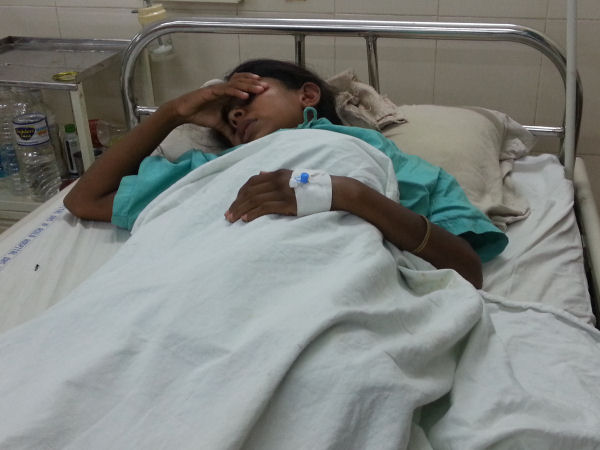
This week has been a busy one with a girl coming down with a high fever. Saroja had been suffering for two days before calling for help, complaining of a splitting headache, fever and vomiting. Her mother had already taken her to see a local doctor, but generally local doctors just treat the symptoms, rather than looking for the underlying cause for the condition. The first thing we tend to think of with high fever is Malaria, which is still a big killer in India. A trip to the local Government hospital was a priority. The malaria test is quick and pretty painless, requiring a pin prick in the end of a finger, a few dots of blood on a couple of slides and the results also come back surprisingly quickly. In our case it was a 2 hour wait for the results. As the child had a high fever (104 degrees when tested at her home), we immediately gave her paracetamol to bring down the fever and cooled her down with wet cloths, which she reluctantly accepted. With a high fever, the body gets confused, the patient feels chills and wants to wrap up warm, so applying cold cloths is rarely welcomed. Our patient was weak as she hadn't been eating well for the last couple of days, but we managed to get her on the bike and to casualty where we informed the doctors what had been done. Her temperature when retested had dropped to 100.4, which was a relief, although still too high and more paracetamol was prescribed to bring it down further. From the casualty department, we navigated round the large hospital to the laboratory for the malaria test. It was all very exhausting, but we managed and hoped the tests would come back negative. Saroja's fever was coming under control now as the paracetamol took effect. Back at home the afternoon was spent making sure her fever was kept under control. Her headache had lessoned but was an obvious annoyance. Saroja was instructed on when to take the medicine and said she could ring if the fever worsened.
In the afternoon, a return trip to the hospital was made to pick up the test results, which thankfully were negative. However, with no improvement overnight and a temperature again at 100.4 when taken in casualty, Saroja received an injection of paracetamol and was then seen by a different doctor. A case report had to be made out, and with Saroja in obvious distress sat on the floor and crying, she was taken to the head of a queue. We got to the doctor who gave us another prescription for paracetamol and something to calm her stomach, and asked for another malaria test and several other blood and urine tests to be done. So, once again off to the Lab.
On arriving at the Lab, the technician recognised me, (well you don't get too many white people coming to the govt hospital) and questioned why another malaria test was required. I didn't have much to say other than 'the doctor told us to', so another prick to the finger and another test completed. The other 5 tests would have to wait till the morning as they needed to be done on an empty stomach, not forgetting a container of fresh morning pee. Saroja thought I was joking to start with, until I showed her the little container that she had to fill.
It was another uncomfortable night for Saroja and her temperature was maintained. Although a little above normal, nothing as severe as the first day. It was an early start and as we arrived at the hospital, we did the formalities (registering the case report) and went straight through to the Lab to pick up her malaria tests. As the first tests had come back negative, we assumed these would also be clear, but, sadly not. They were positive. The technician said it would be best to see the doctor rather than wait for the other tests, as Malaria was the main problem. We submitted her papers and took our queue number. This allowed us to make a quick trip to collect Saroja's mother, as the expectation was that Saroja would be admitted. The doctor thankfully signed the admission papers and Mother and daughter were sent upstairs to the female ward, but no beds were available, so were returned to casualty until a bed became free.
Health workers gave a call on the emergency number we left on having the malaria tests and asked where Saroja lived, as they would need to test everyone in the locality for malaria. There was some discussion deciding whose area Saroja's home fell in, but it is good to see that the government takes malaria cases seriously. In the end everything happened quickly, and as one health worker said "I need to report the case to head office", it does show that a lot is being done to stamp out the threat of malaria. In all we made around 10 trips back and forth on Saroja's admission day, and in the evening, took fruit, blankets and everything she needed for the night. She seemed much better and we hope she will make a speedy recovery.
* Names have been changed for child protection reasons.